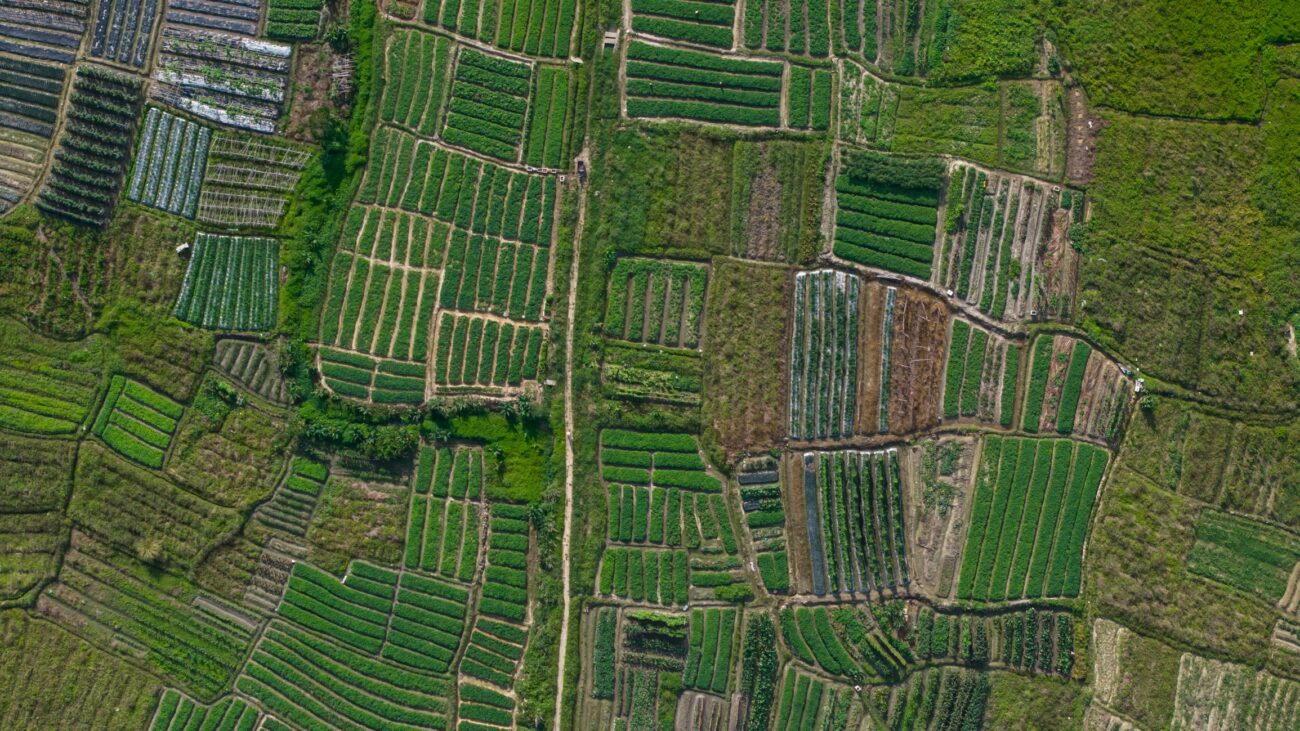
"This new report, EAT-Lancet 2.0, arrives at a moment of heightened urgency. Since 2019, the world has endured pandemic disruptions, rising food prices, intensifying conflicts, accelerating climate impacts and widening inequities in access to healthy food. The commission offers an updated framework that integrates health, sustainability and justice-arguing that food systems must be transformed by 2050 to nourish a projected 9.6 billion people within planetary boundaries."
"This second iteration places justice at the center-examining multiple dimensions of justice including distributive fairness, the recognition of marginalized communities, and their representation in governance. The commission also introduces stronger modeling capacity, using a multi-model ensemble of ten leading agro-economic and environmental models to assess dietary shifts, productivity gains and reductions in food loss and waste. For the first time, it proposes explicit food system boundaries for climate, biodiversity, land, water and nutrient cycles, directly linking diets to the Earth's safe operating space."
EAT-Lancet 2.0 updates the Planetary Health Diet and strengthens the evidence base while broadening scope to place justice at the center. The update links diets directly to explicit food-system boundaries for climate, biodiversity, land, water and nutrient cycles. A multi-model ensemble of ten leading agro-economic and environmental models assesses dietary shifts, productivity gains and reductions in food loss and waste. The framework targets transformation by 2050 to nourish a projected 9.6 billion people within planetary boundaries. The update highlights pandemic disruptions, rising food prices, conflicts, accelerating climate impacts and widening inequities in access to healthy food. Governance, recognition of marginalized communities, and distributive fairness receive heightened emphasis.
Read at State of the Planet
Unable to calculate read time
Collection
[
|
...
]